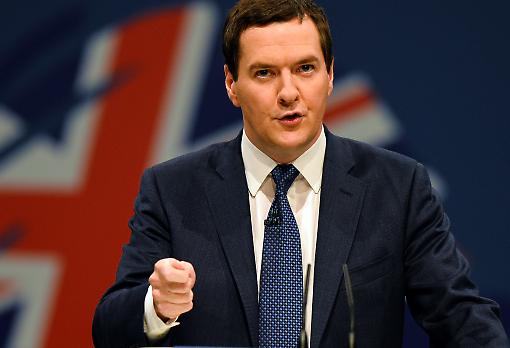http://www.huffingtonpost.co.uk/katie-mcque/has-the-uk-signedup-to-bu_b_4136299.html?utm_hp_ref=uk-politics&ir=UK+Politics
by Katie McQue
On Monday, the UK woke-up to the news that the government had struck a deal to build our first new nuclear plant in over 18 years. The 3.2GW plant, named Hinkley Point C, has been touted as a job-maker and a boost to our energy security. Worryingly, however, the design of this nuclear reactor may be flawed, potentially exposing the UK to huge financial risks, as well a gravely unsafe nuclear plant.
The group of firms responsible for building Hinkley Point C; EDF, Areva, China General Nuclear Power Group and China National Nuclear Corp, intend to use nuclear reactor technology that has not yet proven to be successful. In fact, it has caused huge time delays and spiralling budgets in other nuclear projects that are yet to become operational.
Even Ed Davey, the Secretary of State for Energy and Climate change has admitted in an interview that the projects using the same nuclear reactor have a track record of mistakes.
Podcast of the interview with Ed Davey:
http://icisenergy.podomatic.com/entry/2013-06-13T07_38_01-07_00
Hinkley Point C will use Areva’s European Pressurised Reactor (EPR) nuclear technology. It is the same reactor being used in the Flamanville 3 plant in France and two reactors in China, which are all EDF projects. The Olkiluoto plant in Finland, being developed by Finnish utility Teollisuuden Voima, is also using the EPR.
The construction at Flamanville has overrun by four years and costs have doubled. Olkiluoto, meanwhile, has been hit by delays of over six years. Some experts have estimated its budget has tripled. Less is known about the status of the Chinese power plants.
It is probable that Hinkley Point C may meet similar technical difficulties to that of Flamanville and Olkiluoto projects, since these engineering issues have not yet been resolved.
“Nobody is taking bets at the moment. Even EDF are in despair about the EPR reactor,” said Paul Dorfman of the Energy Institute, University College London. “EDF argue that the Chinese projects are going well. But there are rumours that they’re facing similar problems to Flamanville and Olkiluoto.”
http://www.icis.com/heren/articles/2013/05/09/9666925/concerns+over+uks+hinkley+nuclear+technology+could+add+to.html
Moreover, the major issues with this reactor lie with its computerised control system, known and the instrumentation and control system. Experts believe that the computerised back-up system is too similar to the front-end computer. So, if a fault, either technical glitch or cyber-attack damages one of the computers, it will ll likely cause the whole operational system to crash or become uncontrollable.
“If a technical problem occurs with the plant, you need an entirely independent back-up system, which there isn’t. So if you lose the first system, it might take out the second system. This is a problem with the plants being built in Finland and France.” Stephen Thomas, professor of energy policy at the University of Greenwich.
Unlike most reactors, the EPR does not have manual shut-down system, leaving it further vulnerable for malfunction.
The UK government’s Office for Nuclear Regulation (ONR) flagged problems with the instrumentation and control system during its design assessment process. In its quarterly updates on progress, each aspect of the plan was graded by a traffic light-style alert system that represented the difficulty of solving the issues raised.
In August 2012, six issues related to the instrumentation and control system were highlighted. Two were graded as “amber”, meaning that remedying the issue is feasible, but needs prompt attention. Four were given a “red” alert, which, according to the report means the resolving of these issues are “in serious doubt with serious risks apparent”.
But in December 2012 the nuclear regulators approved the EPR design, signing off all of these alerts without much explanation. Many experts have questioned how this is possible, especially since the design faults have not yet been rectified at the Finnish and French nuclear plants. These reports can be found on the ONR’s website.
…
 Post Office managers will take their first industrial action in 34 years later this week in a dispute over pay.
Post Office managers will take their first industrial action in 34 years later this week in a dispute over pay.